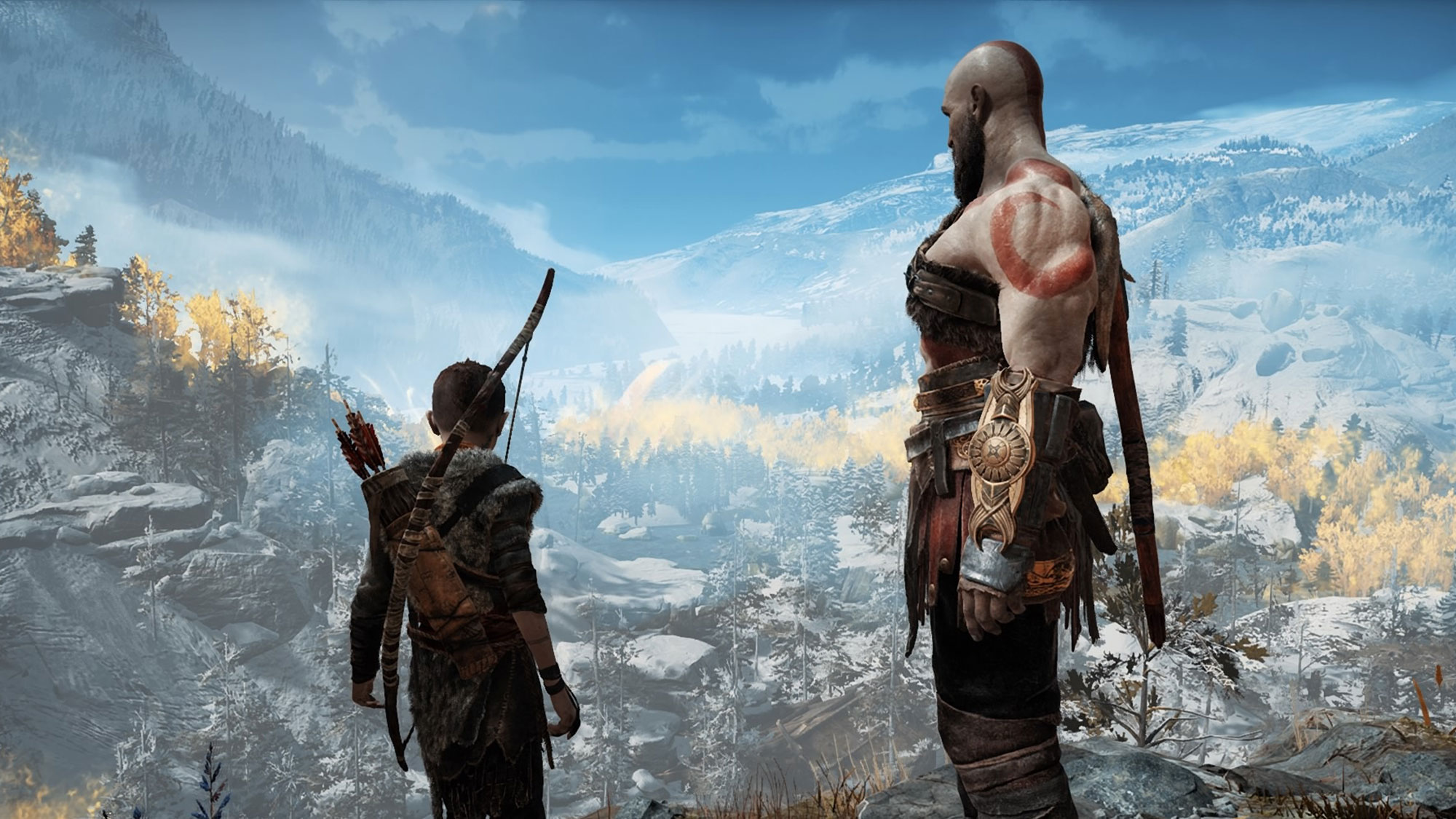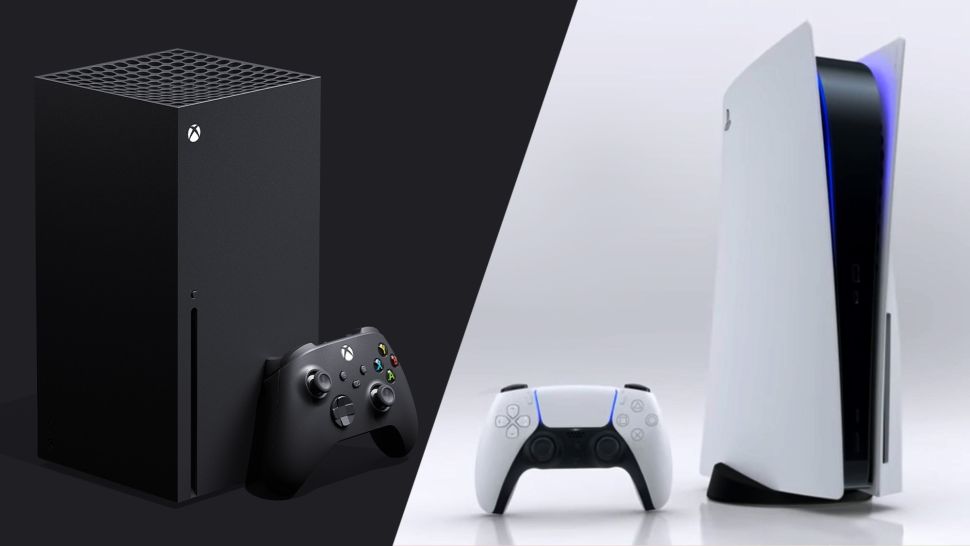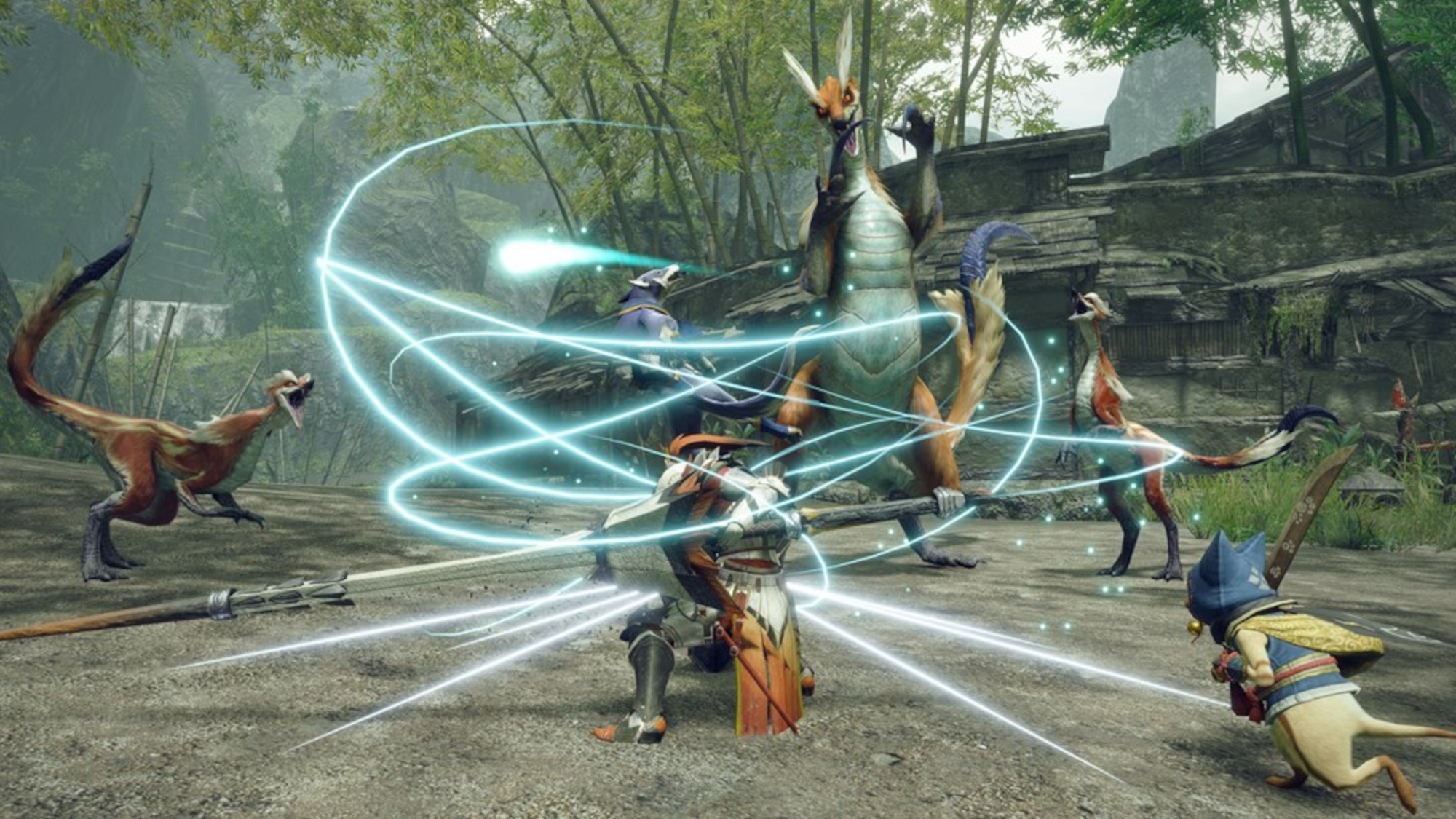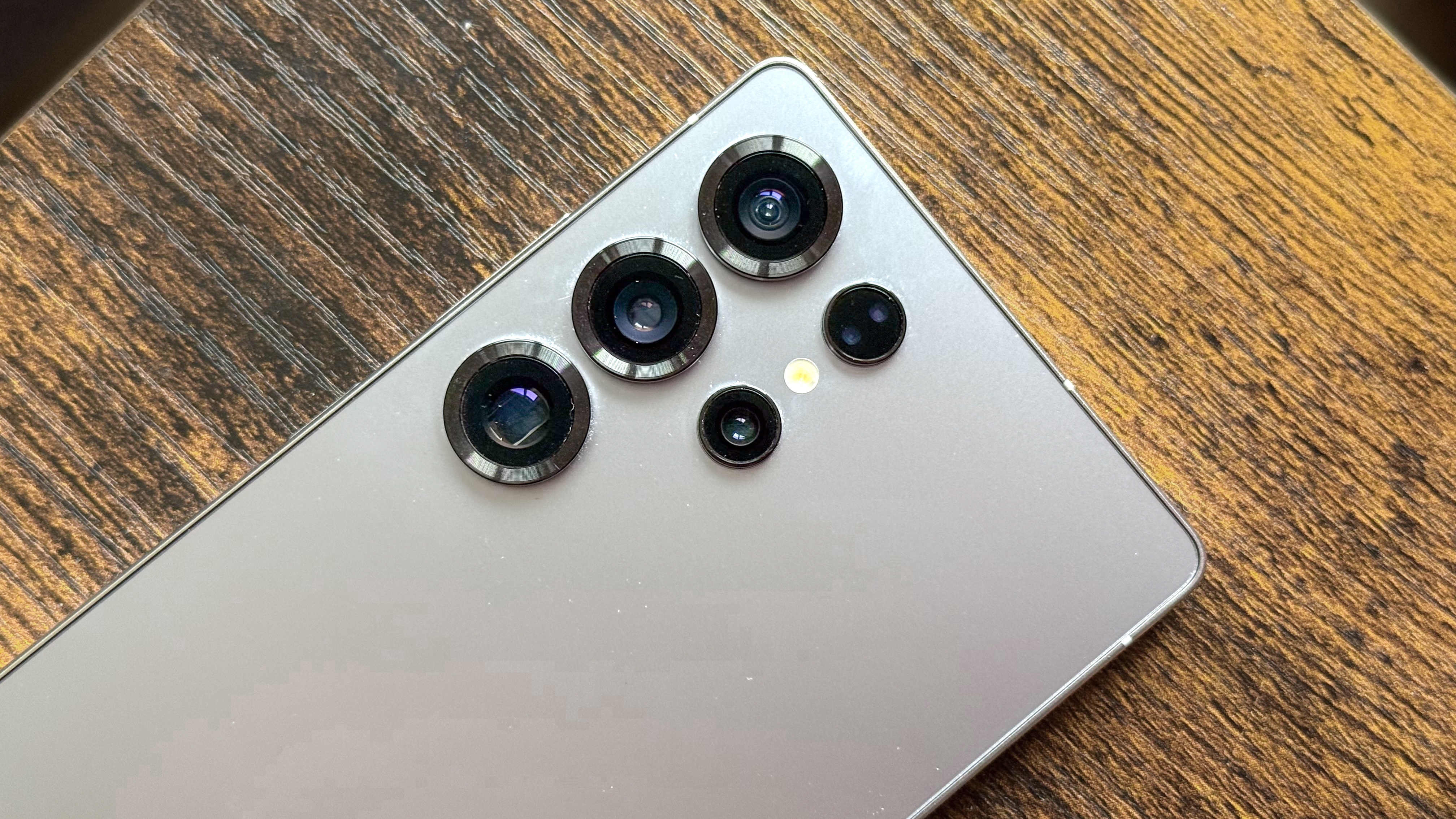God of War and Monster Hunter Rise top Steam charts — this is big for gaming
God of War and Monster Hunter Rise feel right at home on Steam

God of War (2018) and Monster Hunter Rise have been on PC for only about two weeks. But they’ve already skyrocketed to the very top of the Steam sales charts, and it seems as though they’re staying put.
Monster Hunter Rise has “very positive” user reviews; God of War has “overwhelmingly positive” ones. We evaluated both games, claiming that MH Rise was even better on PC than it was on the Nintendo Switch, while God of War “proves that we need more PlayStation games on PC.”
The people have spoken, and the message is loud and clear: Console-exclusive games belong on PC. They make a ton of money, they delight players and they’re sometimes even better than the console releases that preceded them.
An end to the console wars

It’s no secret that I am not a fan of “console war” rhetoric. Few things in the tech enthusiast space are more exhausting than watching people have the exact same fight for 30 years and counting, occasionally stopping to swap out specs and manufacturer names. The PS5, Xbox Series X and Nintendo Switch all have different strengths and weaknesses. By evaluating where each one excels and falters, buyers can make the best use of their limited money and leisure time.
When it comes to choosing a console, I would argue that no single criterion is more important than game selection. How well a console runs games is almost totally ancillary if it doesn’t have games that you actually want to play. Usually, the calculus goes something like this: If you want to play Mario and Zelda, get a Switch. If you want to play God of War and Ratchet & Clank, get a PlayStation. If you want to play Halo and Forza, get an Xbox.
Up until late in the Xbox One/PS4 life cycle, that was pretty much the common wisdom. Each console manufacturer held onto certain franchises like grim death. Buying a console was essentially a prerequisite for enjoying your favorite series.
That all began to change when Microsoft, long a proponent of PC gaming, decided to make a serious foray into the wonderful world of computer games again. Gears of War and Halo triumphantly returned to PC. Microsoft was even willing to list these games on Steam, which many players prefer to the company’s clunky Microsoft store. Now, Microsoft has committed to almost total parity between the Xbox Series X/S and the PC. Almost every Xbox game from a first-party Microsoft studio comes out on PC, and vice versa, usually with seamless cross-saves to boot.
While Sony’s steps have been a little more hesitant, it’s still embracing a future of PC parity, one hit game at a time. Former PS4 exclusive Horizon Zero Dawn debuted on Steam in 2020, followed by Days Gone in 2021. Now, we have God of War, and in a few weeks, we’ll have two Uncharted games. It’s not a Microsoft-level commitment to an unbroken PC/console ecosystem, but it’s a big crack in Sony’s “all PlayStation, all the time" edifice. PCs can run these three PS4 exclusives beautifully; is there any reason they couldn’t do the same for, say, The Last of Us or Marvel’s Spider-Man?
The Nintendo variable

Usually, at this point, I would consider some kind of counterargument. Console exclusives have been a fact of life for a long time; there must be some logic behind them. And there is, in terms of both selling consoles and optimizing games. However, the facts also speak for themselves in this case. God of War and Monster Hunter Rise are big hits, and Xbox’s plans to integrate with PC have made Xbox Game Pass the best deal in gaming.
Perhaps hoping for Ratchet & Clank on Xbox or Halo on PS5 is too much of a stretch, but the PC seems like a logical middle ground. Both consoles run games similarly to the way a PC runs games, and even use similar hardware to do so. PC represents a largely untapped audience for console-exclusive series, and an active modding community can keep a game alive in the public consciousness long after people have completed the story mode. (Hello, Skyrim.)
That’s why it’s interesting that one of the games under consideration this week is a former Nintendo Switch exclusive. Of all the three major gaming companies, Nintendo seems like the least likely to share its properties with the PC community. Yes, we had a handful of Mario games on PC back in the ‘90s, but none of the major entries, and Nintendo hasn’t revisited the topic since then.
It’s worth noting, of course, that Capcom both developed and published Monster Hunter Rise, so Nintendo exclusivity was never a guarantee. Nintendo seems far less likely to share anything it’s developed or published, from Mario and Zelda on one end of the spectrum, to Bayonetta 2 and Marvel Ultimate Alliance 3 on the other.
And yet, perhaps it’s time to ask “why?” Both Microsoft and Sony have embraced the PC platform, to varying degrees, and neither company has gone bankrupt. Xbox and PlayStation sales are better than ever. The PC ports are commercial and critical darlings. The Switch is admittedly less like a PC than either the PS5 or the Xbox Series X, but if emulators have shown us anything, it’s that Nintendo games could run — and run gorgeously — on a PC.
Right now, only Microsoft seems to be embracing PC gaming to its full potential, and that’s a shame. Sony is on the right track, however, and the next few years could see a bevy of beloved PS4 (and PS5?) titles delight a whole new demographic. As much as fans on Twitter might like to argue about exclusives, Twitter isn’t real life, as the old saying goes — and being inclusive, rather than exclusive, seems to be the better choice.
Sign up to get the BEST of Tom's Guide direct to your inbox.
Get instant access to breaking news, the hottest reviews, great deals and helpful tips.
Marshall Honorof is a senior editor for Tom's Guide, overseeing the site's coverage of gaming hardware and software. He comes from a science writing background, having studied paleomammalogy, biological anthropology, and the history of science and technology. After hours, you can find him practicing taekwondo or doing deep dives on classic sci-fi.

